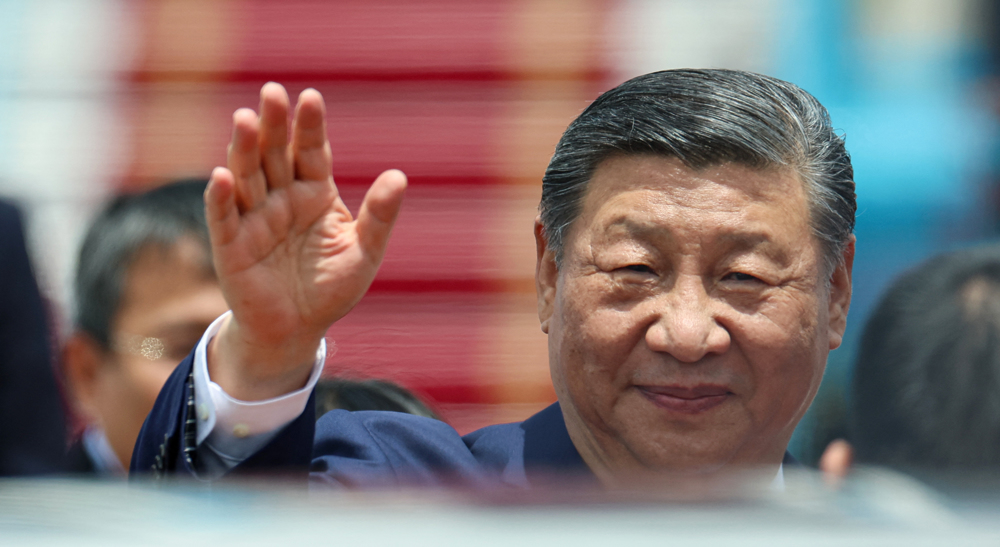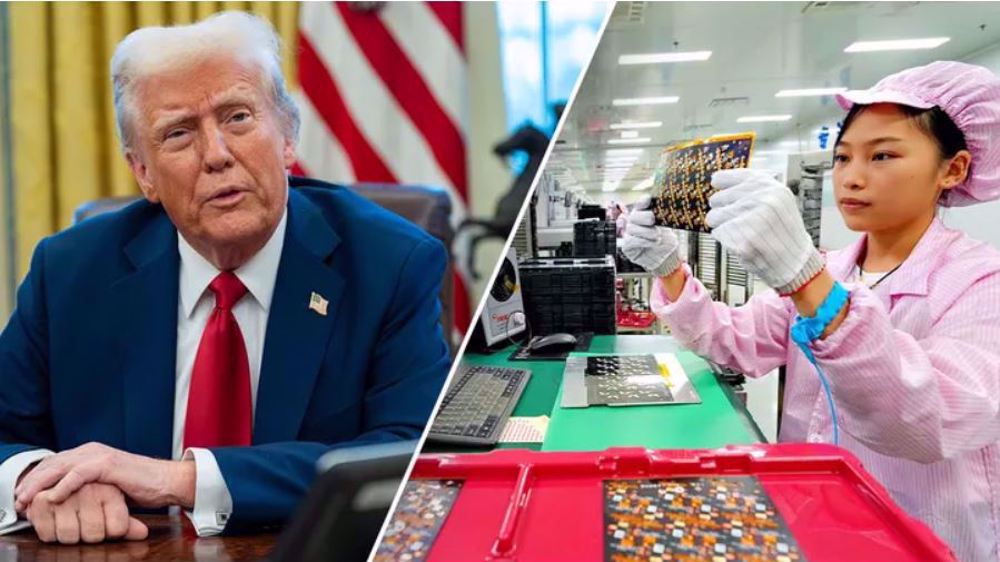US response to N Korea nuke test will be ‘strong’
The United States will strongly respond in the event of a fifth nuclear test by North Korea, a senior US government official says, days after Pyongyang's alleged failure to launch a ballistic missile.
The secretive regime conducted its last nuclear test in January, followed by an alleged satellite launch the next month, both in violation of sanctions imposed by the UN Security Council (UNSC).
Under the current UN resolutions, North Korea is banned from using any technology that is related to ballistic missiles.
In early March, the US and China drafted tougher sanctions on North Korea over its nuclear program which were approved by the UNSC in a bid to starve Pyongyang of funds for its nuclear weapons.
Speaking in Tokyo on Monday during a visit with Japanese officials, US Deputy Secretary of State Antony Blinken said that North Korea would be putting itself in more trouble if it pursued more provocations.
"There will be an additional strong response in case of another (North Korean) nuclear test," Blinken said, adding that such actions were "unacceptable".
Blinken said Washington would consider "a number of possibilities" and it was "premature" to speak of a specific action just yet.
North Korea declared itself a nuclear power in 2005 and carried out four nuclear weapons tests in 2006, 2009, 2013 and 2016.
Some experts speculate that North Korea is about to conduct its fifth nuclear test in the near future, following its recent missile failure.
American and South Korean officials said Friday that the North attempted to test-fire a mobile Musudan or BM-25 missile, but it failed.
The alleged launch coincided with the 104th birthday anniversary of the country’s founding leader Kim Il-Sung, the grandfather of current leader Kim Jong-un.
The missile is believed to be capable of striking US military bases in Guam Island.
Pyongyang accuses the US of plotting with regional allies to topple its government, and says it will not relinquish its nuclear deterrence unless Washington ends its hostile policy toward Pyongyang and dissolves the US-led UN command in South Korea.

Mike Huckabee, new US envoy to Tel Aviv, once said 'there is no such thing as Palestinian'

‘No winners in trade war’: China blasts Trump’s protectionism as Xi kicks off regional tour

‘Exemptions short-lived’: Trump warns of new rounds of tariffs on tech industry
French police detain female Iranian academic to silence anti-Israeli genocide voices
Top official: Hamas agrees to free all Israeli captives for ‘serious prisoner swap’
Sheikh Farid-ud-din Attar: Persian mystic and progenitor of fable in Iranian Sufism
VIDEO | Washington DC marks slave Emancipation Day as racial gaps endure
Israel strikes kill at least 38 Palestinians in 24 hours
Iran signs contract to convert Iraq’s flare gas into petchem feedstock
Dark abyss: How Israeli settler society became a sanctuary for rapists, pedophiles
Pentagon allowing extremism in US military to go unchecked: Report







 This makes it easy to access the Press TV website
This makes it easy to access the Press TV website